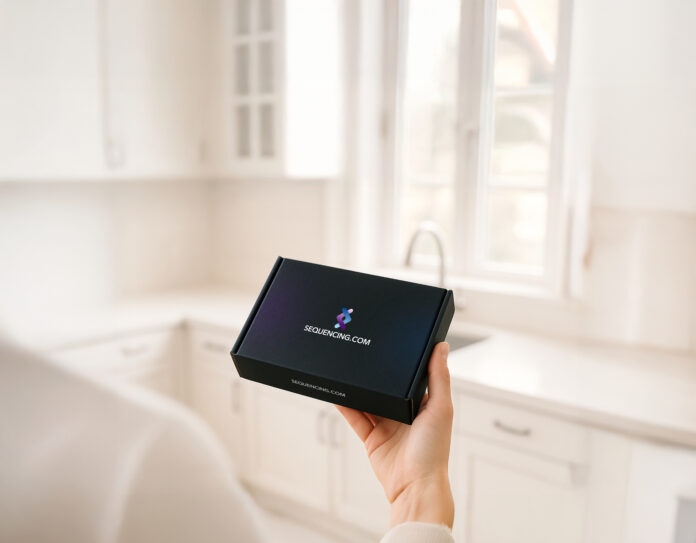PALO ALTO, Calif. – Sequencing.com has entered into a strategic partnership with PGxAI to expand access to pharmacogenomics testing and reduce adverse drug reactions, a leading cause of healthcare costs and patient harm.
The collaboration will bring PGxAI’s pharmacogenomic reports onto Sequencing.com’s platform, which is billed as the world’s largest whole genome sequencing and personalized health service. The reports provide drug-specific insights for individuals based on their genetic data, covering more than 730 drugs and 40 genes—five times the coverage offered by many competing services.
“Adverse drug reactions account for over $150 billion in excess healthcare costs annually in the U.S.,” said Allan Gobbs, PGxAI executive chairman and co-founder. “Studies indicate that pharmacogenomics can reduce these incidents by 30%, representing a significant opportunity to optimize healthcare costs and make treatments more affordable and effective.”
Dr. Brandon Colby, founder and CEO of Sequencing.com, said the collaboration comes at a pivotal time. “The demand for pharmacogenomic testing is rapidly growing. PGxAI’s scientific rigor and comprehensive data coverage provide unmatched value to our customers, further driving the precision health movement.”
“More than 99% of individuals carry clinically relevant drug-gene variations,” added Dr. Mike Zack, PGxAI CEO and co-founder. “Leveraging this information enables safer, more effective treatment regimens, making precision pharmacogenomics an immediate reality for modern healthcare.”
The partnership also aims to benefit genomic laboratories by offering a plug-and-play system for integrating PGxAI reports. The reports are compatible with major consumer genetic testing formats and link to FDA guidelines and pharmacogenomics consortiums, creating additional revenue streams for labs while providing patients with actionable healthcare insights.
Zack emphasized, “Our reports are plug-and-play for genomic labs, offering new revenue streams while delivering measurable benefits for patients.”


